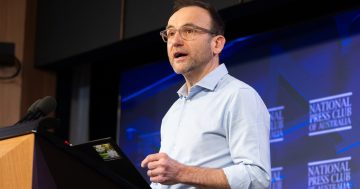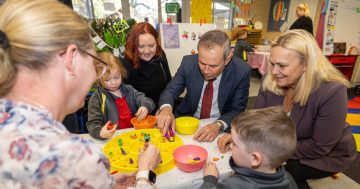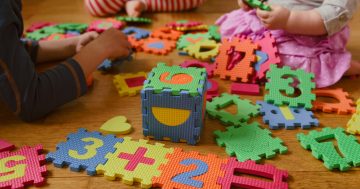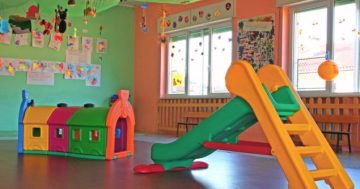With the cost of education continually rising, it certainly puts the squeeze on the family budget. Philip Bish* looks at what choices are available to give your child a great education.
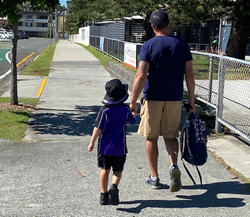 An investment in your child’s education is one of the most important investments you’ll ever make.
An investment in your child’s education is one of the most important investments you’ll ever make.
A quality education, often leads to a well-paying job and rewarding career, setting a child up for life.
Parents naturally want the best for their child, so education rightfully becomes one of the family’s top financial priorities.
However, education can also be one of the biggest expenses that a family will make, so often compromises and sacrifices are made.
With the cost of nearly everything on a family’s budget rising, the task of financing an education is becoming increasingly challenging.
The cost
Depending on what schooling option you choose, the cost of education can be enormous, so it’s important to assess all options to ensure the choice you make is best for your child and your budget.
Each year, the Futurity Investment Group release an index of the cost of tuition in Australia, titled the ‘Futurity Investment Group Planning for Education Index’.
In the most recent index, it shows that in major cities in 2022, the average cost of educating a child for 13 years in an Australian public school is $83,869.
In a Catholic school, the figure rises to $143,944, and in a private school the average cost is a massive $349,404.
In regional areas, the average cost of educating a child for 13 years in an Australian public school is $68,268.
In a Catholic school, the figure is $110,370, and in a private school the average cost is $143,701.
Please note that all the above figures include costs for textbooks, school uniforms, sports equipment, camp costs, computers, extra-curricular activities and additional tutoring.
Of the private schools, the most expensive school in Australia is Geelong Grammar, with Year 12 day-fees at $43,360.
Sydney Church of England Girls Grammar School comes in second with Year 12 fees at $42,120, and third is The Scots College, NSW with Year 12 fees at $41,100.
As fees of this size are outside the budget of many families, other options that are less expensive (but still high quality), need to be considered.
What may be surprising, is that multiple studies have shown that whether your child goes to Public, Catholic or Private school, it makes little difference to academic scores, after accounting for socioeconomic background.
What has been found to matter to academic scores, is quality teachers and principals which are found across all school sectors.
What to look for
The best approach to planning your child’s education is to think well ahead, and do plenty of research.
Fees are a big part of the planning, but they are not everything.
There are also many other non-financial factors that need to be considered.
For example, when choosing a school, it’s important to find one that suits your values, but also meets your child’s strengths, interests and needs.
The school’s facilities and subject options is another consideration, as is the practicality of getting your child to and from school.
When considering schooling options, get to know as much about each school as possible.
Attend Open Days, do a school tour or class visit, and speak to other parents about their experiences with the school.
Your budget
It’s important for parents to be realistic about what they can afford, and to not put themselves under financial stress.
This means keeping a budget, so that you know exactly what your cash inflows and outflows are, so that you can determine what you can realistically afford.
Consider all your options for various schools, and do your homework, as you may be pleasantly surprised to find that there are high-quality schools that are much more palatable for your budget.
Another possibility for reducing education costs is to consider combinations of public and private schooling throughout your child’s 13 years of school.
For example, you may choose public school for primary and private school for secondary.
Another option is public school up to Year 10, and then private school for just Year 11 and Year 12.
It all depends on what you can afford, but the most important thing is that it works for you and your children.
Education costs can be expensive, so it’s important to start planning (and saving) early.
One way to do this, is to open a fund specifically for saving for your child’s education, where you can regularly add contributions to the fund, until you need to begin withdrawing from it.
With the benefit of time and compounding, such an approach can make a big difference.
*Philip Bish joined InvestSMART in in June 2016, he assists in the coverage across the ASX, Exchange Traded Funds (ETFs) and Listed Investment Companies (LICs).
This article first appeared at investsmart.com.au.


